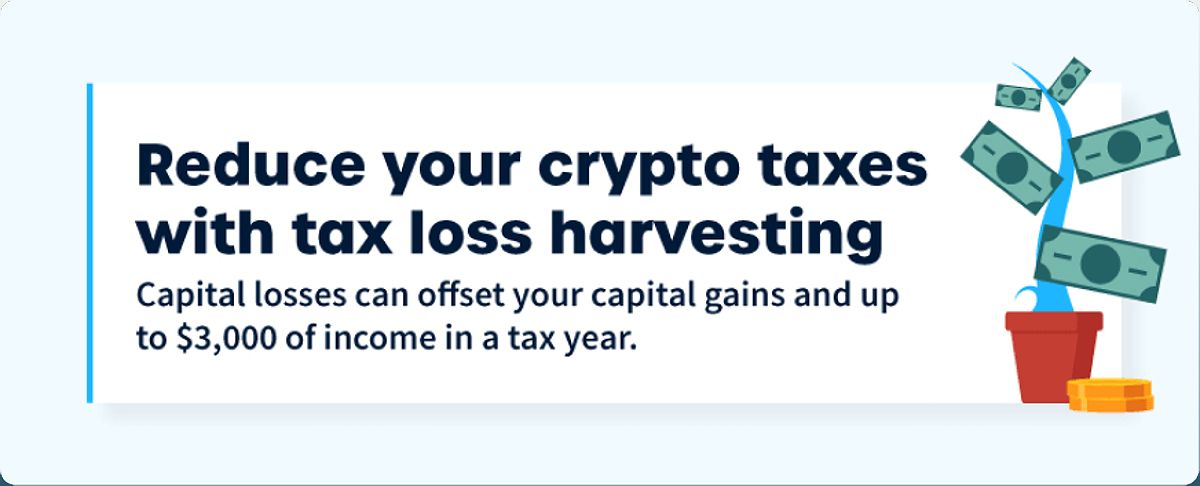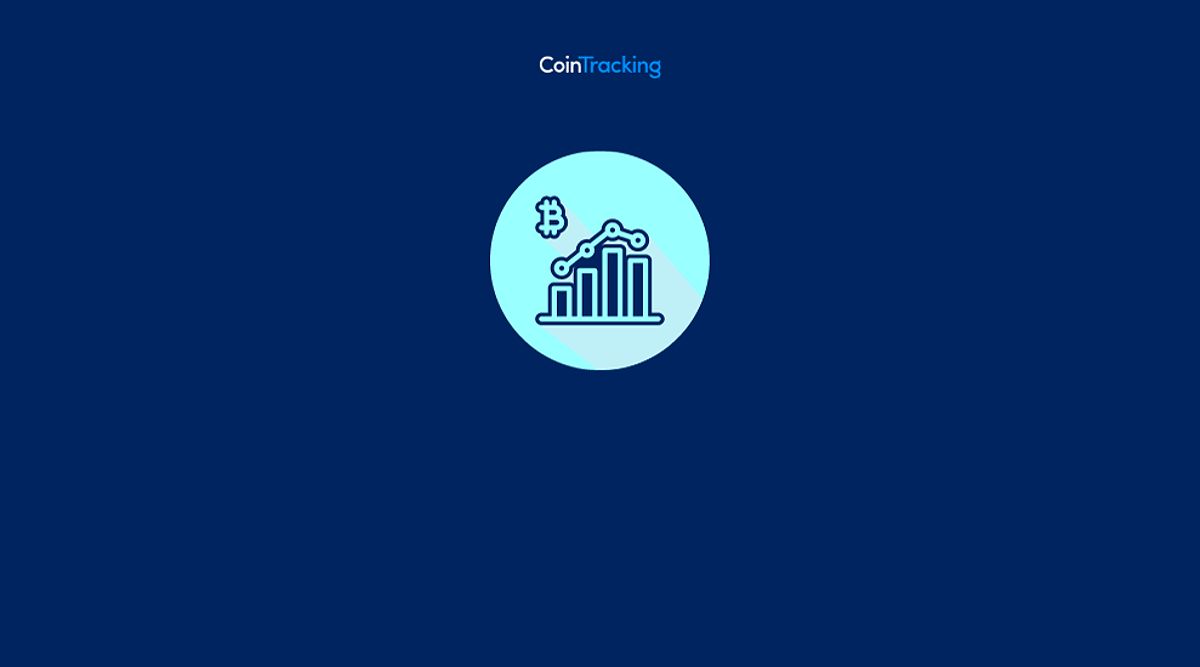Navigating the Complexities of Day Trading Crypto Taxes
As a seasoned day trader in the volatile world of cryptocurrencies, the author has come to realize that understanding and adhering to the complex web of tax regulations is just as challenging as executing profitable trades. It”s a constant battle to stay informed and compliant while also minimizing the tax burden.
In this article, we’ll delve into the complexities of day trading crypto taxes, providing practical strategies and insights to help you navigate the ever-changing landscape.
Understanding Day Trading Crypto Taxes Implications
When I first dipped my toes into the crypto trading waters a few years ago, I was captivated by the allure of quick profits and the thrill of the rollercoaster market. But as I quickly learned, the tax implications of my trading activities were far from straightforward. Cryptocurrencies are classified as property by the IRS, meaning that every transaction – whether it’s a sale, trade, or even a simple purchase – is a potential taxable event.
I distinctly remember the first time I sat down to file my taxes, armed with a seemingly endless stack of exchange records and transaction histories. It was a dizzying experience, trying to make sense of the complex rules governing short-term and long-term capital gains, the various cost basis methods, and the myriad of deductions and exemptions that might apply. I felt like I was navigating a minefield, constantly second-guessing my every move and fearing that I might trigger an audit.
 A rendering of a crypto coin with a lock on it.
A rendering of a crypto coin with a lock on it.
Strategies For Minimizing Your Crypto Tax Liability
As a seasoned day trader, I’ve learned that the key to success in the crypto tax game is not just about accurately reporting your gains and losses, but also about proactively minimizing your tax liability. Over the years, I’ve developed a few strategies that have helped me navigate this treacherous terrain:
- Timing is Everything: By holding my crypto assets for more than a year, I’m able to take advantage of the lower long-term capital gains tax rates, which can save me a significant amount in taxes compared to short-term gains.
- Tax-Loss Harvesting: I closely monitor my trades and strategically realize losses to offset any capital gains, effectively reducing my overall tax burden.
 Reduce crypto tax with tax-loss harvesting
Reduce crypto tax with tax-loss harvesting
- Leveraging Crypto IRAs: Investing in a self-directed crypto IRA has been a game-changer, allowing me to defer or even eliminate taxes on my trading profits, depending on the type of IRA I choose.
- Claiming Eligible Deductions: As a professional day trader, I’m able to deduct a variety of business-related expenses, such as software, hardware, and internet costs, which can further reduce my taxable income.
The Perils Of Crypto Tax Reporting
As a day trader, the challenges of accurate crypto tax reporting are magnified tenfold. With the frenetic pace of my trading activities, keeping meticulous records became an overwhelming task. I found myself spending more time reconciling my trades than actually executing them, which was frustrating and counterproductive.
Adding to the complexity, the lack of standardized reporting from cryptocurrency exchanges made it nearly impossible to rely on their data alone. Each platform had its own unique way of presenting transaction details, and I often found discrepancies between the information they provided and the actual trades I had made. It was a never-ending game of reconciliation, with no clear path to a definitive solution.
Navigating The Crypto Tax Minefield
In my quest to get a handle on my crypto tax obligations, I’ve tried various strategies and tools, each with its own set of pros and cons. Initially, I attempted to tackle the task manually, meticulously tracking every trade and carefully calculating my gains and losses. But as my trading volume increased, this approach quickly became untenable, leading to countless hours of frustration and the constant fear of making a costly mistake.
Frustrated by the manual approach, I turned to specialized crypto tax software, hoping to streamline the process and ensure compliance. While these tools have undoubtedly made my life easier, they aren’t a panacea. I’ve found that even the most sophisticated crypto tax platforms can struggle to keep up with the ever-evolving landscape of digital asset taxation, often requiring manual adjustments and constant vigilance on my part.
 Moritz Nold: Crypto Tax Manager
Moritz Nold: Crypto Tax Manager
Embracing The Uncertainty
The truth is, the crypto tax landscape is constantly evolving, with the IRS regularly issuing new guidance and regulations that can upend even the most well-crafted tax strategies. As a day trader, I’ve learned to embrace the uncertainty and to remain vigilant, always staying up-to-date on the latest developments and seeking the counsel of tax professionals who specialize in this unique and ever-changing field.
At the end of the day, navigating the crypto tax minefield is a never-ending battle, but one that I’m determined to win. By staying proactive, employing smart tax-minimization tactics, and continuously educating myself, I’m confident that I can not only stay compliant but also maximize the financial rewards of my crypto trading endeavors.
Faqs
Q: Do I have to pay taxes on crypto that I don’t sell? A: No, you only incur a taxable event when you dispose of your crypto (e.g., sell, trade, spend).
Q: How do I determine my cost basis for crypto that I acquired through multiple transactions? A: You can use a cost basis method (FIFO, LIFO, HIFO) to determine the cost basis of your crypto when you dispose of it.
Q: Can I deduct crypto mining expenses on my taxes? A: Yes, if you mine crypto as a business, you can deduct related expenses such as electricity and equipment costs.
Q: What if I made a mistake in reporting my crypto taxes in the past? A: If you’ve made a mistake in reporting your crypto taxes in the past, you can amend your tax return by filing Form 1040X. This will allow you to correct any errors and ensure you’re in compliance with the IRS.
Q: How can I keep track of my crypto transactions for tax purposes? A: Using a crypto tax software like CoinTracker or CoinLedger can be extremely helpful in tracking your transactions and automatically calculating your capital gains and losses. These tools can integrate with your cryptocurrency exchanges and wallets to provide a comprehensive view of your crypto activity.
Conclusion
As a day trader navigating the treacherous waters of cryptocurrency taxation, I can attest that it’s a constant battle to stay one step ahead of the IRS. The complex rules, the lack of standardized reporting, and the ever-evolving landscape of digital asset taxation have all contributed to a significant challenge in my trading journey.
However, through trial and error, I’ve learned to embrace the uncertainty and to develop a multifaceted approach to minimizing my tax liability. By strategically timing my trades, leveraging tax-loss harvesting, investing in crypto IRAs, and claiming eligible deductions, I’ve been able to navigate the crypto tax minefield with a greater degree of confidence and success.
Ultimately, the key to thriving as a day trader in the cryptocurrency space is to approach the tax implications with the same level of rigor and strategy as you do your trading activities. It’s a constant battle, but one that’s well worth the effort, as the potential rewards of successful crypto trading can be truly life-changing.

